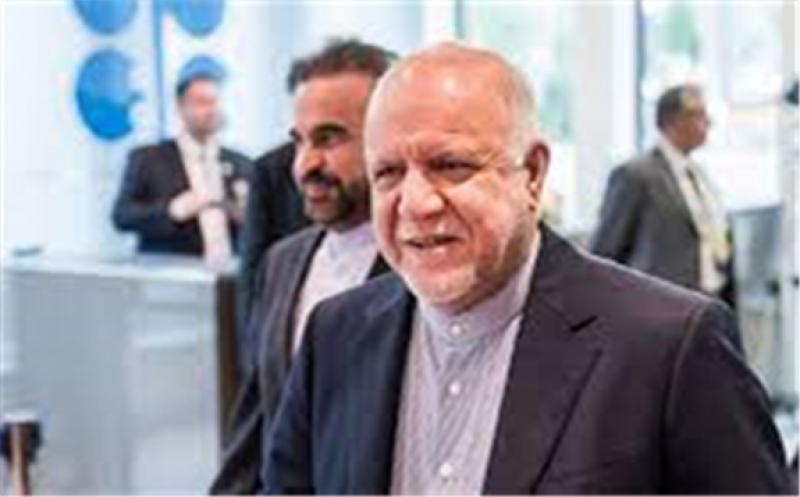Iran's veteran oil minister Bijan Namdar Zanganeh said that he will retire once a new president is inaugurated following next month's election, even if he is asked to stay on in the new administration.

"Even if they nominated me for the presidency, I would not accept it, let alone for the [oil] ministry," Zanganeh said today. "I will retire from government activities."
But despite stepping down from his ministry position, he said he would "remain in politics," just without a formal post. "Politics is like life — you cannot really disengage from it."
Zanganeh who turns 69 next month, is coming to the end of his second eight-year term as oil minister after serving as oil minister for the entirety of former president Mohammad Khatami's time in office between 1997 and 2005. And prior to that, he held the position of energy minister from 1989 to 1997, and the post of construction minister from 1984 to 1989.
His near-thirty years in key ministerial positions has earned him the moniker of "sheikh of ministers" in the Iranian press.
Zanganeh will be stepping down at a pivotal time for Iran's oil industry as it looks to recover from more than three years under some of the toughest US sanctions ever imposed, which at some point removed more than 2mn b/d of Iran's oil from the market and forced its production to below 2mn b/d — a level not seen since the start of the Iran-Iraq war in the early 1980s.
But the country's production has staged a recovery since December, reaching 2.35mn b/d in April — the highest since May 2019 — as Iran looks to take full advantage of the change in the US administration. Under President Joe Biden, the US has been in indirect talks with Iran since the start of April to resume US participation in the 2015 deal, or Joint Comprehensive Plan of Action (JCPOA), and bring with it a lifting of US sanctions on Iran.
Diplomats involved in the talks said that although a "significant part" of the work has been done, some key obstacles remain.
Should an agreement be reached, operationally, Iran should have little problem ramping up its exports fairly rapidly, because of the massive amounts of crude and condensate that it has built up in onshore and offshore storage, but also because of the care with which state-owned NIOC and its subsidiaries have managed their fields during the sanctions.
Iran's vice-president Eshaq Jahangiri said in early May that Iran could raise its oil exports — crude and condensate — to 2.5mn b/d once the sanctions are lifted, from below 1mn b/d today.
Beyond recovering its exports and market share, Iran will also be keen to attract foreign companies and their knowhow back to its investment-starved industry — something Zanganeh has advocated strongly for since his first stint as oil minister in the early 2000s.
Former oil ministry officials said that Zanganeh was a driving force behind Iran's ability to bring foreign oil companies to work in the Iranian upstream, which in turn helped build the foundation to raise Iran's crude output to around 4mn b/d in the late 2004.
The Iranian presidential election is scheduled take place on 18 June so that Iran's new president can be inaugurated by mid-August.